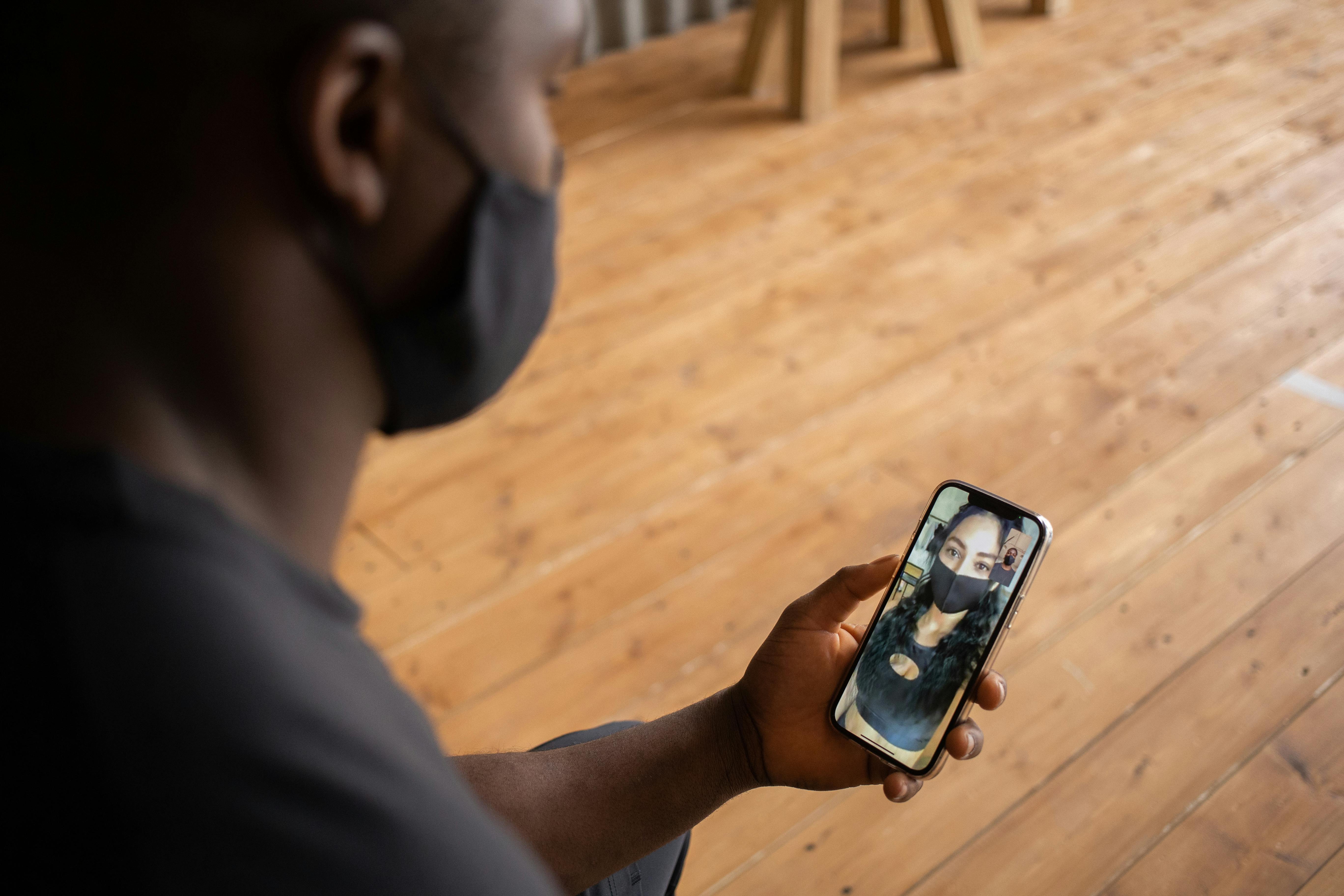The Future of Medicine: What Clinical Research Holds
The Future of Medicine: What Clinical Research Holds
Blog Article

Clinical research stands at the forefront of medical innovation, shaping the future of healthcare in ways previously thought unimaginable. As our understanding of diseases deepens and technology advances at an unprecedented pace, the role of clinical research in developing new therapies and treatments becomes increasingly crucial. This dynamic field not only investigates the efficacy and safety of new medications and interventions but also seeks to understand the complexities of human health and disease.
In an era where personalized medicine and targeted therapies are becoming the norm, the insights gained from clinical research are vital. They inform clinical practices, guide public health policies, and ultimately enhance patient outcomes. As we look ahead, clinical research promises to unlock new possibilities in treatment paradigms, making it an essential area of focus for medical professionals, researchers, and patients alike. Indeed, the future of medicine is intricately tied to the advancements and discoveries that clinical research will continue to offer.
Emerging Technologies in Clinical Research
The landscape of clinical research is rapidly transforming with the introduction of emerging technologies that enhance efficiency and data collection. One of the most significant advancements is the integration of artificial intelligence in clinical trials. AI algorithms can analyze vast datasets, identifying trends and potential patient outcomes faster than traditional methods. By leveraging machine learning, researchers can streamline the patient recruitment process, optimize trial protocols, and predict the efficacy of new treatments with higher accuracy.
Furthermore, wearable technology is revolutionizing the way data is collected in clinical research. Devices such as smartwatches and fitness trackers can continuously monitor patient vitals and behavior, providing researchers with real-time data that was previously difficult to obtain. This not only improves the accuracy of the study findings but also allows for a more comprehensive understanding of how treatments affect patients outside of controlled environments. The incorporation of these devices supports remote patient monitoring, making it easier than ever to conduct trials with participants from diverse geographical locations.
Another groundbreaking advancement is the use of blockchain technology in clinical research. By providing a secure and transparent method for recording data, blockchain can enhance the integrity of clinical trials. This technology ensures that crucial trial data is immutable, reducing the risks of tampering and fraud. As a result, stakeholders can trust the results of clinical research more than ever before, promoting confidence among investors, regulatory bodies, and patients alike. The combination of these technologies heralds a new era in clinical research, promising innovations that will ultimately lead to better patient outcomes.
The Role of Patient-Centered Approaches
The evolution of clinical research increasingly emphasizes the importance of patient-centered approaches. This paradigm shift recognizes that engaging patients in the research process leads to more relevant and effective outcomes. By prioritizing patient perspectives, researchers can capture valuable insights that influence study design, recruitment strategies, and outcome measures. This collaborative relationship empowers patients, making them essential contributors rather than passive subjects, thus enhancing the overall research experience.
Incorporating patient feedback into clinical research not only improves the relevance of findings but also fosters greater trust between patients and the healthcare system. When researchers actively seek patients' opinions and experiences, it builds a sense of community and collaboration. Patients are more likely to feel invested in the research when they see that their needs and concerns are being heard and addressed. This increased trust can lead to higher rates of participation and retention in studies, ultimately benefiting the research process.
Patient-centered approaches also enhance the dissemination and implementation of research findings. When studies are designed with patients in mind, the results are more likely to align with what matters to them. This relevance can facilitate better communication of findings to both patients and healthcare providers, ensuring that research translates into meaningful improvements in care. By placing emphasis on the patient's voice, clinical research can pave the way for innovations that truly reflect the needs and hopes of those it aims to serve.
Challenges and Ethical Considerations
Clinical research faces numerous challenges that can impact the integrity and outcomes of studies. One significant issue is the recruitment of participants. Many trials struggle to enroll sufficient numbers of patients, which can lead to delays, increased costs, and potentially inconclusive results. Additionally, ensuring diverse representation in studies is crucial to understanding how different populations respond to treatments. Without diverse participants, the findings may not be applicable to all groups, leaving vulnerable populations underserved.
Clinical Research Certificate
Ethical considerations are paramount in clinical research, as they safeguard the rights and well-being of participants. Informed consent is a critical process, requiring researchers to ensure that participants fully understand the potential risks and benefits of their involvement. Researchers must also grapple with the ethical implications of placebo use in control groups, especially when effective treatments are available. Balancing scientific advancement with ethical responsibilities remains a complex challenge that researchers continually navigate.
Furthermore, maintaining integrity and transparency throughout the research process is essential. Issues such as data falsification, selective reporting, and bias can undermine trust in clinical research findings. Regulatory bodies and ethical review boards play a vital role in overseeing studies to copyright these standards. However, fostering a culture of accountability within research institutions and among investigators is equally important to address these concerns and ensure that clinical research remains a trustworthy foundation for future medical advancements.
Report this page